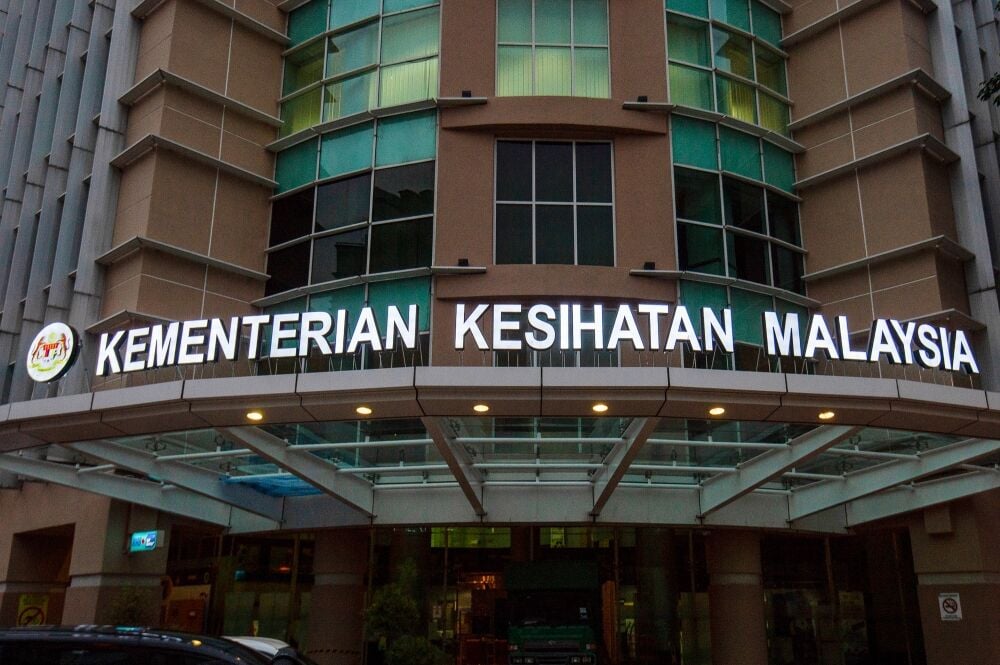Malaysia mulls medical fee revision for higher-income groups at public facilities

The Malaysian Health Ministry (MoH) has proposed a review of the low medical fees currently imposed on Malaysians at government health facilities, aiming to match the fees with patients’ affordability levels, according to its recently published White Paper. The document highlights that the low fees charged at public healthcare facilities are greatly appreciated by Malaysians, as they can access healthcare services at an affordable price. However, there is a mismatch between the medical fees charged and the costs incurred to provide the services, particularly when patients are from higher-income groups.
The MoH’s proposal to change the government’s medical fee structure is part of a broader strategy to increase investment in Malaysia’s healthcare system, making the country’s healthcare funding more sustainable and a joint responsibility. This comes as the demand for healthcare continues to grow in Malaysia.
In addition to revising the medical fee structure, the Health Ministry also aims to ensure Malaysians receive medical treatment without being limited by their financial capabilities, helping them to use less of their own money to pay for medical treatment. The White Paper cites the Malaysia National Health Accounts’ 2021 statistics of current health expenditure in 2020, where out-of-pocket (OOP) spending by Malaysians was the second highest at 34.2%, just behind the Health Ministry’s funding at 46%. This is in comparison to the OOP spending in other countries like Thailand (8.7%) and Turkey (16.9%).
The Health Ministry proposes the introduction of a “health benefits package” to outline the type of health services and medicines that Malaysians can access at an affordable fee, with the same level of healthcare, regardless of whether the provider is from the public, private or non-profit sectors. The ministry plans to cover all evidence-based services, promotive and preventive services, starting from primary healthcare to hospital care, including possibly digital healthcare services providers.
The ministry also proposes the establishment of a new special health fund, mainly funded with government allocations and possibly including donations from individuals and large donors in the future, to fund this health benefits package. This special health fund will enable sharing of health risks and financial risks and a wider cross-subsidy in line with the aim of providing universal healthcare.
However, the ministry acknowledges that this proposal for such a package and risk-sharing nationally using a special health fund is still at the conceptual stage and requires bipartisan support. The ministry plans to study or review the fee structure for public healthcare services within the short-term period of one to five years, with further plans for the mid-term period of six to ten years and the long-term period of 11 to 15 years.
These proposals fall under the third pillar in the White Paper of ensuring sustainable financing for healthcare in Malaysia. The White Paper has four pillars of reforms, including transforming healthcare service delivery; advancing health promotion and disease prevention; ensuring sustainable and equitable health financing; and strengthening the health system’s foundations and governance.
Latest Thailand News
Follow The Thaiger on Google News:


























